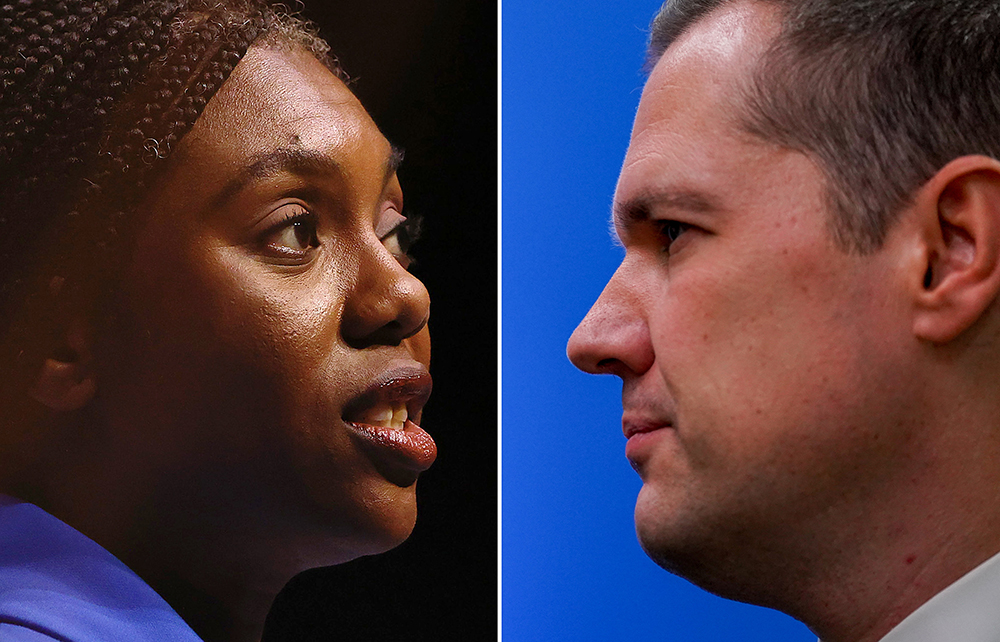How long will the next Tory leader last? As I write in this week’s issue of The Spectator, it’s the question being asked in the shadow cabinet after no candidate managed to muster more than a third of parliamentary support. ‘It would have been healthier had one of them bombed’, says a shadow minister of the final rounds of the contest. It means parallels are being drawn between the 2024 contest and the 2001 leadership election where Michael Portillo, Iain Duncan Smith and Kenneth Clarke all had support of around a third of the MPs – and Portillo was knocked out by one vote. The eventual winner, Duncan Smith, was forced out in a confidence vote two years later.
As Robert Jenrick and Kemi Badenoch battle it out as the final two to win over the membership, I understand steps are being taken to try to prevent history being repeated. Under the existing rules a new leader cannot be challenged for the first year. Now the party plans to go further to shore up the leader before they even start. On Wednesday evening, the 1922 committee executive met for their weekly meeting where they agreed the threshold of MPs required to trigger a confidence vote in a new leader should rise. At the moment, if 15 per cent of the party send no confidence letters, a vote of confidence is triggered. Given the reduced size of the Tory parliamentary party, that means just 18 MPs could take issue with the new leader and spark a vote. ‘That is the five families waking up and deciding they are unhappy,’ says one Tory MP, in reference to the five Tory caucuses on the right of the party.
The committee discussed raising the threshold, with some members making the argument for and against. They all agreed they should change the rules before the new leader starts, so it looks less defensive or part of a stitch-up. Eventually there was a consensus that a third of the party was the natural point to raise it to. While some argued the threshold could be even higher, there was concern that this could limit the party’s ability to act should a leader need to go. The committee decided to raise the threshold to a third – meaning in this parliament 41 Tory MPs would need to fire in a no confidence letter before a vote was held. The committee also agreed to keep their options open on rule changes from the future.
These changes do not guarantee that the next leader will make it to the next election, however. Several shadow cabinet members wonder if James Cleverly, who came third, could make a comeback should the winner crash out. But at the very least, this planned rule change would make it harder for a small group of MPs to destabilise the leader early on







Comments